- Andersons’ consultants are continuing to support their clients during the pandemic. If you require any advice, please contact your usual consultant, or the office on 01664 503200 or email [email protected]
- Defra has confirmed Greening under the Basic Payment Scheme (BPS) will no longer be a requirement in England from 2021. This will mean for 2021 BPS applications, Crop Diversification (two and three crop rule) and Ecological Focus Areas (EFAs) will no longer be needed. There has been no announcement yet from Wales and Scotland, but these administrations will be under pressure to follow suit. There will be no change to the overall payment as the ‘Greening’ element of the payment will be added to the main BPS payment.
- Those who made a BPS claim in 2019 of more than €2,000 should receive a reimbursement from RPA via the Financial Discipline Mechanism (FDM). The rate being used for 2019 is 1.371% (1.346% in 2018). Payments commenced from 1st July.
- The Welsh Government has confirmed its intention to press ahead with the Sustainable Farming Scheme as the centre-piece of its post-CAP farm support. However, the new system will be designed and introduced only slowly over the next few years. There will be a transition period from the current BPS to the new arrangements. There is no indication of when the transition will start and how long it will take. Although the Government has already stated that the BPS will continue in its present form for the 2021 claim year.
- The Glastir Small Grants scheme will open for a further round of applications in Wales between the 27th July and 4th September 2020. The theme for this round is water. Grants will be available for capital works to carry out projects which will improve the water quality and reduce the risk of flooding.
- The Government has agreed to set-up a Trade and Agriculture Commission to protect UK food standards under future trade deals. Whilst seen as a lobbying success for the farming sector, it must be noted that its findings will be advisory only. Also, the Commission’s six-month remit means it is highly unlikely that any Free Trade Agreement will emerge with the US before the Commission is wound-up.
- Dairy processor Medina has announced it will be closing its Watson’s Dairy in Hampshire, to try and consolidate its processing operations in a bid to save money. The fresh liquid processing site had facilities for 200 million litres, although it has not been operating at full capacity. This will now be diverted to Buckleys (Huddersfield), Severnside (Gloucestershire) and Freshways (London). There could be a potential loss of 144 jobs, but the closure, according to Medina, should not have an impact on its 156 farmer suppliers.
- Defra has confirmed bovine TB vaccination trials are to start in England and Wales. This follows a major breakthrough by Government scientists and could see the vaccine for cattle rolled out in 2025. The field trials will take place over the next four years on behalf of Defra, the Welsh and the Scottish Governments. The deployment of a cattle bTB vaccine was one of the key priorities in the Government’s response to an independent review of its 25-year bTB strategy conducted by Professor Charles Godfray, which set out the goal to phase out intensive culling in the next few years.
- The UK will be able to import an extra 260,000 tonnes of raw sugar without tariff from the start of 2021. This could have significant impacts on the price of home-grown sugar beet. This is the only such volume-based tariff reduction yet announced. It might make sense if the UK does not do a trade deal with the EU – the new cane volume can replace imports of beet sugar from Europe which would then be subject to the UKGT tariff. However, should a deal be done, then EU imports will continue to be tariff-free, and the additional cane volume offered will simply increase volumes and drive down prices on the UK market.
- The wet weather in autumn caused a huge swing to spring plantings. According to the AHDB’s 2020 Planting and Variety Survey, GB winter wheat plantings recorded a year-on-year decline of 25% to 1,363K hectares. The winter barley area has fallen by 34% to 296K hectares. Consequently, spring barley plantings have increased 52% on the year to 1,063K hectares. The area of oats has declined by 2% in Scotland, but in England as an alternative to winter drilling and a replacement for OSR, has increased by 26%. The OSR crop in England has decreased by 28% to just 355K hectares, the lowest since 2002. Dry drilling conditions and then persistent rain, coupled with CSFB, particularly in the East and East Midlands caused significant reductions. Yield is also expected to be low and production could be the lowest recorded this millennium.
This month’s Spotlight looks at how autumn lettings could affect support payments (BPS) through the Agricultural Transition and who might receive them. Click here for further information.
If you would like more detail on the topics covered above, why not subscribe to Andersons’ AgriBrief Bulletin? Over the course of each month, we give a concise and unbiased commentary on the key issues affecting business performance in the UK agri-food industry, and its implications for farming and food businesses. Please click on the link below for a 90-day free trial:

















